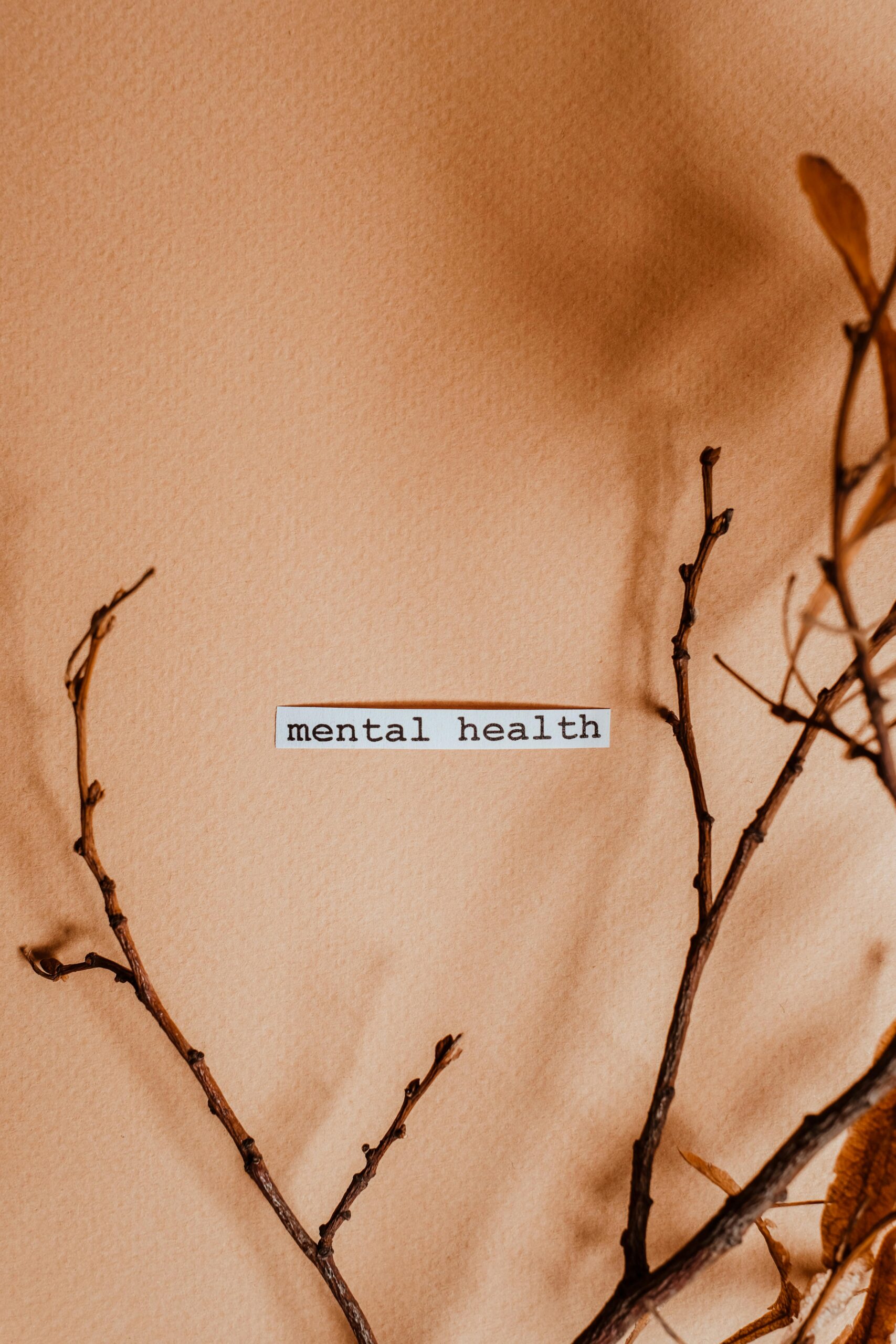Introduction
Mental health is an essential part of overall well-being, affecting how we think, feel, and act in our daily lives. Good mental health helps us cope with stress, build strong relationships, and make better decisions. However, many people struggle with mental health issues like anxiety, depression, or stress, which can take a toll on both mind and body. In this article, we’ll explore what mental health is, why it’s important, and share five powerful tips to improve your mental health naturally.

What is Mental Health?
Mental health refers to your emotional, psychological, and social well-being. It influences how you handle stress, relate to others, and make choices. Good mental health doesn’t mean you never experience negative emotions; rather, it means you can manage those emotions effectively and bounce back from setbacks. Mental health is important at every stage of life, from childhood and adolescence through adulthood.
5 Powerful Tips to Boost Your Mental Health
Table of Contents

1. Practice Mindfulness and Meditation
Mindfulness is the practice of staying present in the moment, which can help reduce stress and improve your mental clarity. Meditation is a powerful way to focus your mind, lower anxiety levels, and promote a sense of calm. Even dedicating just 10 minutes a day to meditation or deep breathing exercises can make a significant difference in how you feel.
2. Stay Physically Active
Exercise is not only good for your body but also for your mind. Physical activity releases endorphins—your brain’s feel-good chemicals—which can enhance your mood and reduce symptoms of anxiety and depression. Regular exercise, such as walking, running, or yoga, can also improve sleep quality, increase energy levels, and boost self-esteem.
3. Connect with Others
Strong social connections are essential for mental well-being. Spending time with loved ones, whether in person or virtually, helps combat feelings of loneliness and isolation. Talking to friends or family about your feelings, joining a community group, or participating in social activities can improve your mood and provide emotional support.

4. Get Plenty of Rest
Sleep plays a crucial role in your mental health. Lack of sleep can lead to irritability, difficulty concentrating, and increased stress. Aim for 7-9 hours of quality sleep each night by establishing a regular sleep routine. Avoiding caffeine, turning off screens before bed, and creating a relaxing environment can also improve your sleep and mental health.
5. Limit Negative Influences
It’s important to limit negative influences that can affect your mental health. This includes reducing exposure to stressful news, limiting social media usage, and surrounding yourself with positive, supportive people. Setting healthy boundaries with work and taking time to focus on yourself can also promote mental well-being.
The Importance of Mental Health Awareness
Understanding and prioritizing mental health is more important now than ever. Mental health problems are common, but stigma often prevents people from seeking help. By raising awareness and encouraging open conversations, we can break the stigma and create a supportive environment where everyone feels comfortable discussing their mental well-being.

Seeking Professional Help
Sometimes, self-care practices may not be enough, and that’s okay. If you’re feeling overwhelmed, anxious, or depressed, it’s important to seek help from a mental health professional. Therapy, counseling, or support groups can provide the guidance and tools needed to manage mental health challenges effectively.
Conclusion
Improving your mental health doesn’t have to be overwhelming. By practicing mindfulness, staying active, building strong connections, getting enough sleep, and limiting negative influences, you can boost your mental well-being naturally.
If you’re looking for more personalized mental health support, don’t hesitate to contact the experts at Health Authentica for guidance and care!










